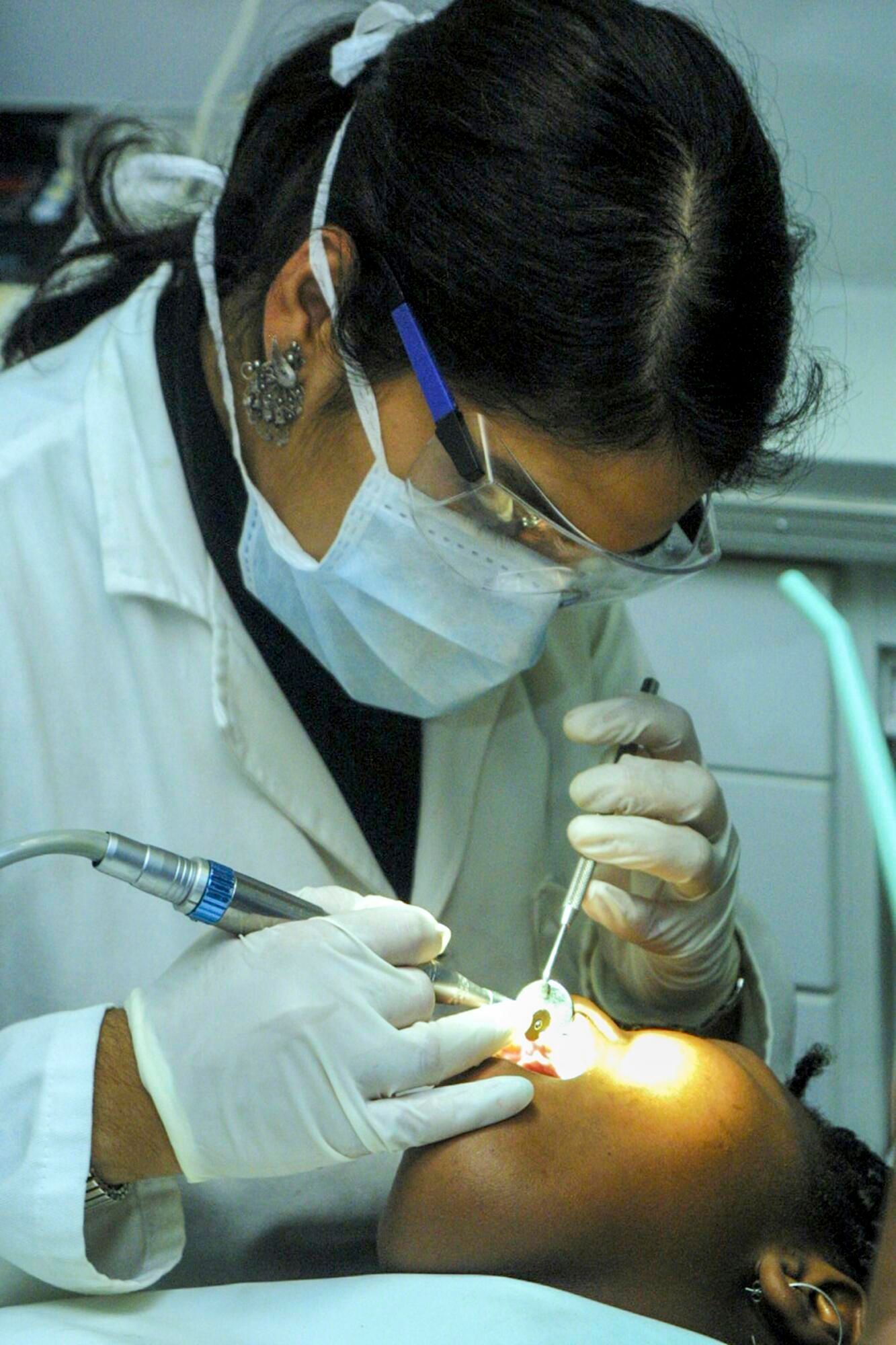Missing teeth can affect more than just your appearance. They can also impact your ability to chew, speak (Journal of Clinical and Diagnostic Research), and feel confident in daily life. Fortunately, for residents of Lutz, Florida, dental implants offer a long-lasting and natural-looking solution to restore your smile and oral health.
Whether you have recently lost a tooth or have worn dentures for years, understanding your smile restoration options can make a life-changing difference.
In this local guide, we will cover everything you need to know about dental implants in Lutz - from how they work to what to expect during treatment, plus how to choose the right local provider for your needs.
What Are Dental Implants?
A dental implant is a small titanium post surgically placed into the jawbone where a tooth is missing. This implant replaces the tooth's root and provides a strong foundation for a crown, bridge, or denture.
Over time, the implant fuses with the jawbone through osseointegration, which gives the restoration exceptional stability, unlike traditional dentures or bridges that rest on the gums.
Dental Implants Benefits
Dental implants are widely considered the gold standard in tooth replacement. This is true for several reasons.
1. Natural Look and Feel
Implants closely mimic the function and appearance of real teeth. You can chew, speak, and smile without worrying about slippage or discomfort.
2. Long-Lasting Solution
Dental implants can last 15 years or more, often a lifetime, with proper care, making them a cost-effective solution over time.
3. Preserve Jawbone Health
When a tooth is lost, the surrounding bone can deteriorate over time. Implants stimulate the jawbone like a natural tooth root, helping maintain facial structure and prevent bone loss.
4. Improved Comfort and Confidence
Unlike removable dentures, implants are fixed in place, so they feel secure. This eliminates embarrassing moments during meals or conversations.
Are You a Candidate for Dental Implants?
Most adults in Lutz who are in good general and oral health may be candidates for dental implants. Key requirements include:
- Healthy gums
- Sufficient jawbone density
- No active periodontal disease
- Non-smoker or willing to quit
Even if you have been missing teeth for a long time, modern bone grafting techniques can often prepare your jaw for implants. A consultation with a local implant dentist in Lutz will include X-rays and possibly a CT scan to determine your eligibility.
The Dental Implant Process: What to Expect
Dental implant treatment typically occurs in several stages over a few months. Here is a Lutz, FL, dental guide:
1. Consultation and Planning
You will meet with a dentist or oral surgeon for a complete evaluation. This may include digital imaging, health history, and discussing your goals.
2. Implant Placement
The implant post is surgically placed into the jawbone. This procedure is often performed under local anesthesia; most patients experience only mild discomfort afterward.
3. Healing Period (Osseointegration)
Over the next 3-6 months in Tampa, Florida, the implant fuses with your jawbone, creating a strong foundation.
4. Abutment Placement
After healing, a small connector called an abutment is attached to the implant. This will hold the final crown or restoration.
5. Custom Crown or Restoration
A dental lab will create a custom crown that matches the color and shape of your natural teeth. Once placed, your new tooth will look and function like the real thing.
Types of Dental Implants
Depending on your missing teeth, your dentist may recommend one of several implant options. Here they are:
Single Tooth Implants
This procedure is ideal if you are missing just one tooth. A single crown is placed on an implant post for a seamless restoration.
Implant-Supported Bridges
It is used when multiple teeth in a row are missing. Implants support the bridge rather than relying on adjacent natural teeth.
Implant-Supported Dentures
This is a great option for those who have lost all teeth in the upper or lower jaw. These dentures snap onto a few strategically placed implants for maximum stability.
How Much Do Dental Implants Cost in Lutz?
The cost of dental implants in Lutz can vary depending on:
- Number of implants needed
- Type of restoration (crown, bridge, denture)
- Need for bone grafting or sinus lift
- The experience and specialization of the dental provider
An average dental implant (including the crown) can cost between $3,000 and $5,000. While this may seem like a significant investment, many Lutz dental practices offer:
- Payment plans
- Dental Financing
- Insurance coordination
It is important to consider the long-term value—implants are more durable and require fewer replacements than bridges or dentures.
Finding a Dental Implant Specialist in Lutz
When selecting a dentist for smile restoration, look for the following:
- Specialized training in implantology or oral surgery
- Modern technology, such as 3D imaging or digital impressions
- Proven results, including before-and-after photos or patient testimonials
- Transparent pricing and treatment plans
- Compassionate care and good communication
Consider starting with a consultation at a local practice to learn more about your options and see if you feel comfortable with the team.
How to Care for Your Dental Implants
Once your implants are in place, maintaining them is straightforward:
- Brush twice daily and floss around the implant crown or denture.
- Visit your dentist for regular checkups and professional cleanings.
- Avoid smoking, which can compromise healing and implant success.
- Wear a nightguard if you grind your teeth.
With proper care, your implants can last for decades, giving you a confident smile and functional bite for years to come.
A Smile Restoration to Last the Ages
Dental implants have transformed how we approach tooth replacement, offering Lutz residents a permanent, natural-looking smile restoration solution to boost function and confidence.
At TERSA Oral and Facial Surgery, Dr. Andrés E. Guerra-Andrade is uniquely qualified to give you the best dental treatment possible.
We use the latest technological advancements and have experience with the most challenging cases. We will treat your condition with the minimum of pain and the fewest possible appointments.
Do not wait to get dental implants to boost your smile. We are eager to help you discover all your oral health options.




